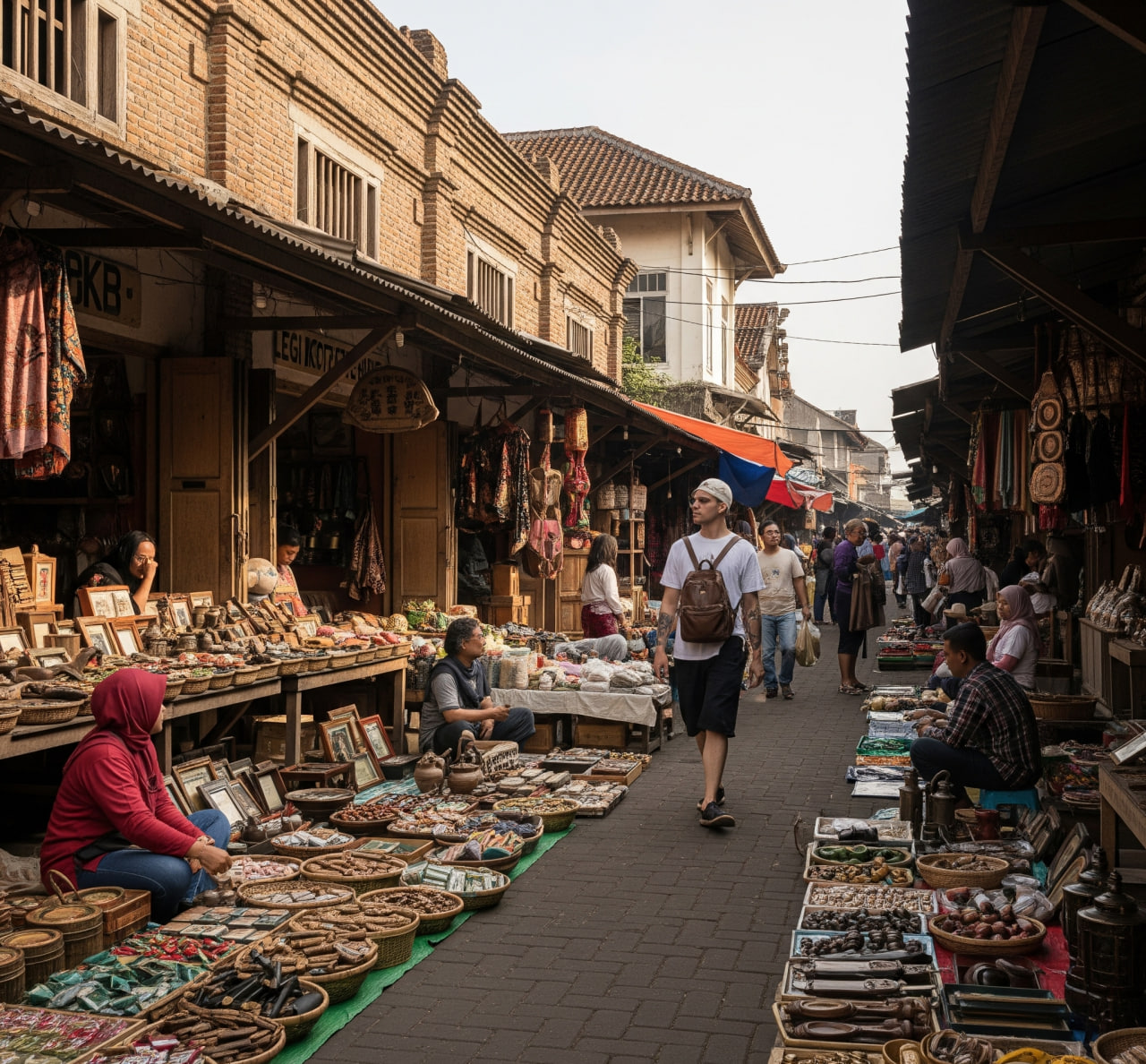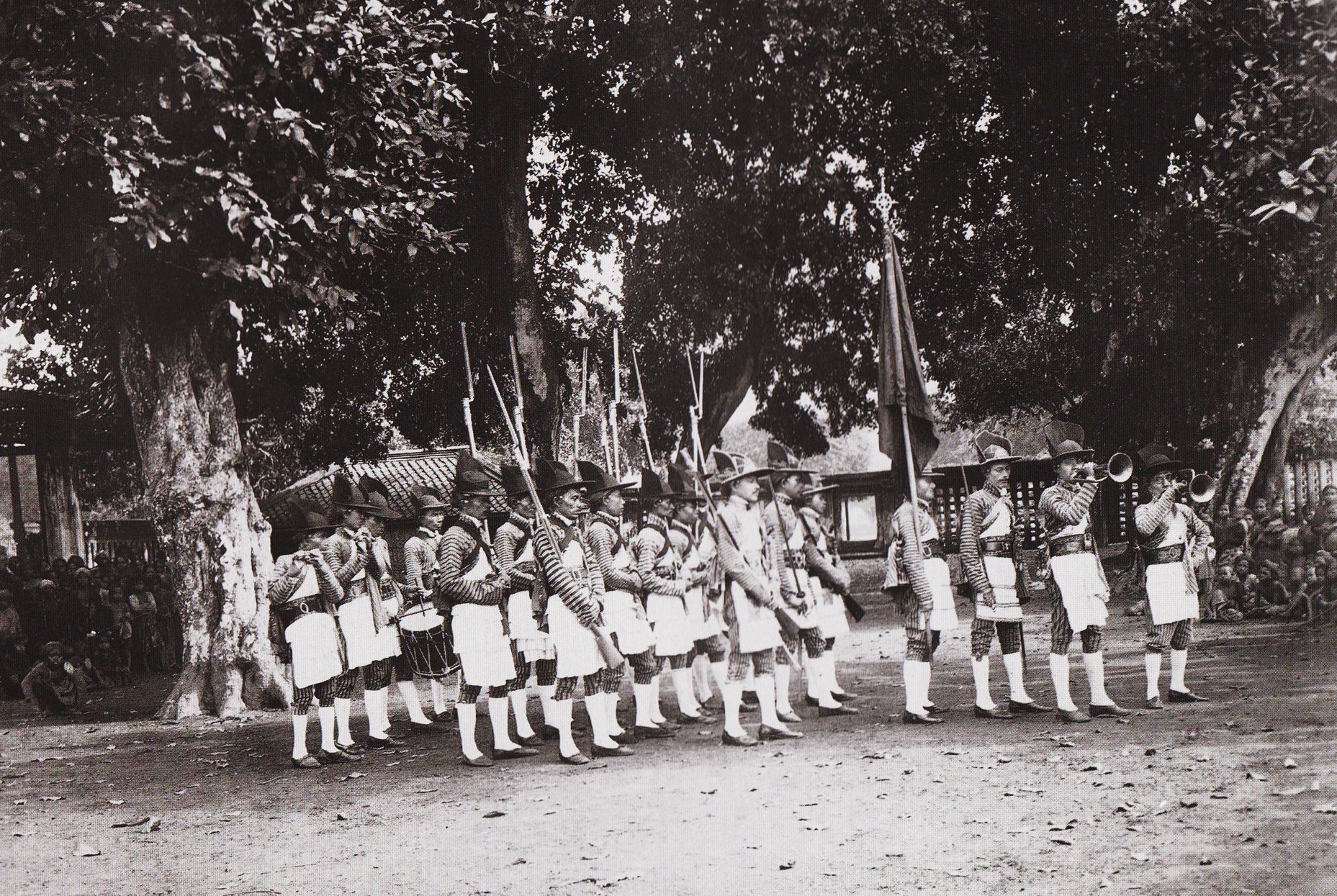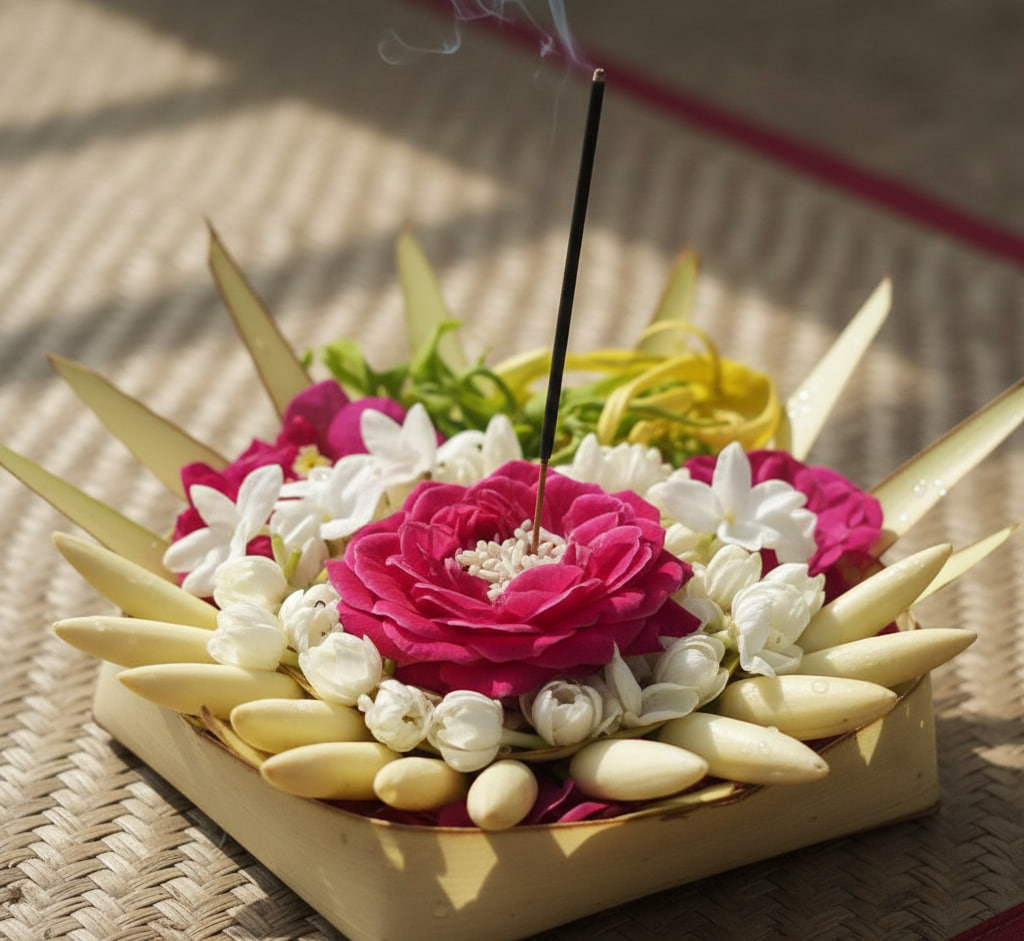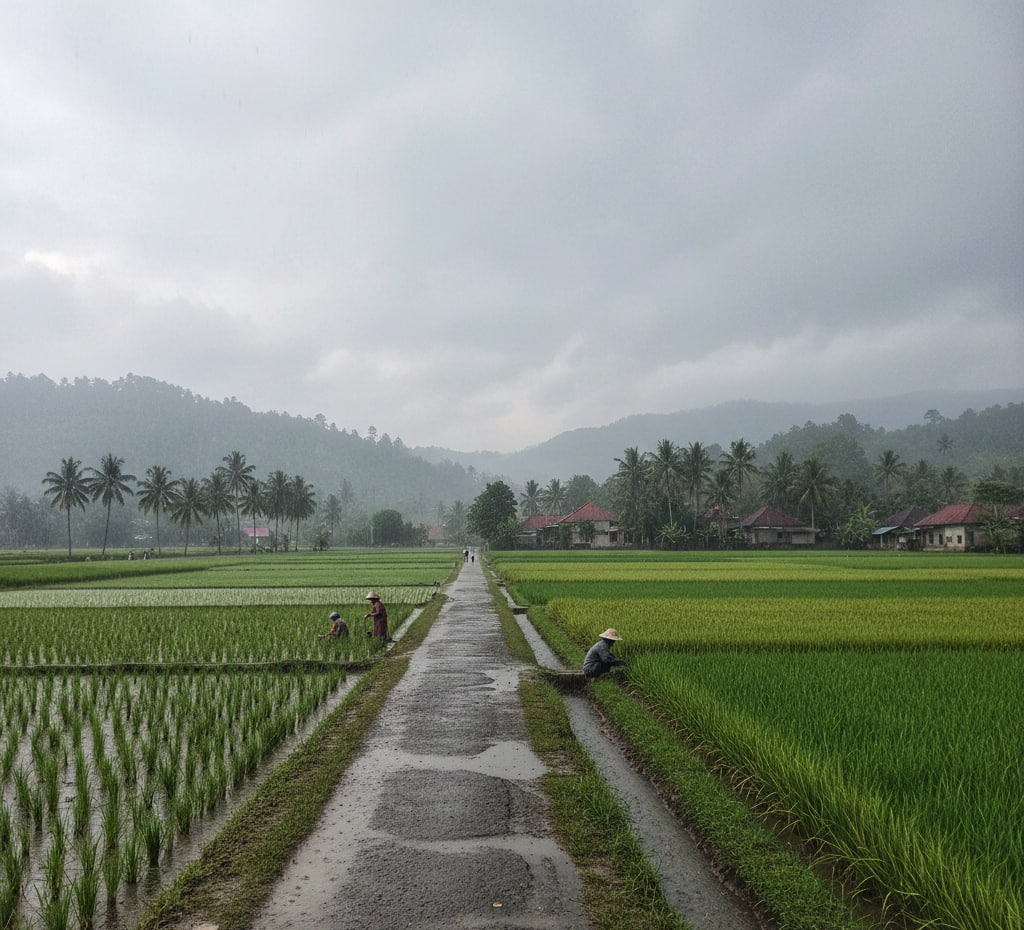News
Markets in Jogja That Follow the Traditional Javanese Pasaran Calendar
In Yogyakarta, the rhythm of the traditional Javanese pasaran calendar is still very much alive, especially in the bustling trade of age-old markets. One of the most iconic examples is Pasar Legi Kotagede—a market that doesn’t just sell goods but also keeps centuries-old cultural values ticking.
Pasar Legi Kotagede and the Sacred “Legi” Market Day
Pasar Legi Kotagede is the oldest market in Yogyakarta, established way back in the 16th century—yes, even before the rise of the Islamic Mataram Kingdom. The name “Legi” itself is taken from one of the five pasaran days in the Javanese calendar, and true to its name, the market reaches its peak activity on that particular day.
On Legi days, the market feels like it triples in size. It's open nearly 24 hours—traditional vendors start at 5 AM and close around 5 PM, followed by an evening market that goes on until midnight. But when Legi rolls around, it’s a different beast entirely. The place bursts at the seams with extra vendors selling everything from daily necessities, batik fabrics, iron and copper goods, pottery, to batik-making tools. Even a mini animal market pops up, offering chickens, rabbits, and ornamental fish along the streets of Watu Gilang and Mondorakan—causing the kind of traffic jam you can only forgive when it’s this festive.
The Javanese Pasaran System in Market Life
The Javanese calendar doesn’t just mark time—it shapes life. It operates on a five-day cycle: Legi, Pahing, Pon, Wage, and Kliwon. In markets like Pasar Legi Kotagede, these days aren’t just dates—they’re economic events. On Legi, the market is absolutely buzzing. Sure, it opens every day, but Legi? That’s the main event. That’s when everyone comes out—the buyers, the sellers, the nostalgic, the curious.
Other traditional markets in Yogyakarta may also observe this pasaran rhythm, but Pasar Legi Kotagede remains the clearest and most consistent in embodying this old system. It’s not just about maintaining tradition—it’s about organizing life, commerce, and even social connections in a way that’s been passed down for generations.
More Than a Market: A Cultural and Economic Heritage
Pasar Legi Kotagede isn’t just an economic hub; it’s a cultural landmark. The architecture still reflects its traditional roots and has been designated as a protected heritage site. Here, history, community, and commerce all intersect in the most grounded, everyday way.
With over 600 merchants offering everything from vegetables and spices to handcrafted souvenirs and traditional foods, Pasar Legi Kotagede continues to thrive—not just as a place to shop, but as a space where culture lives and breathes through the rhythm of the Javanese pasaran.
Other markets in Jogja may observe the pasaran tradition now and then, but Pasar Legi Kotagede stands out—not just for its consistency, but because it’s turned this tradition into a living, breathing identity.



